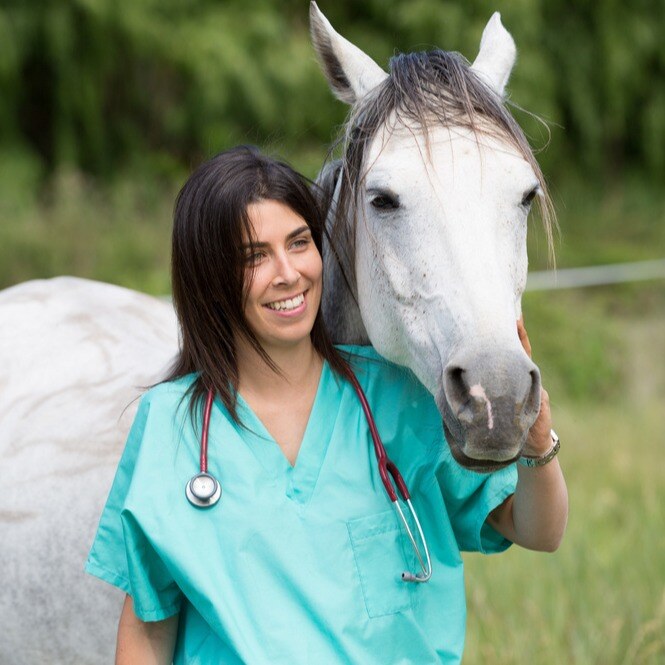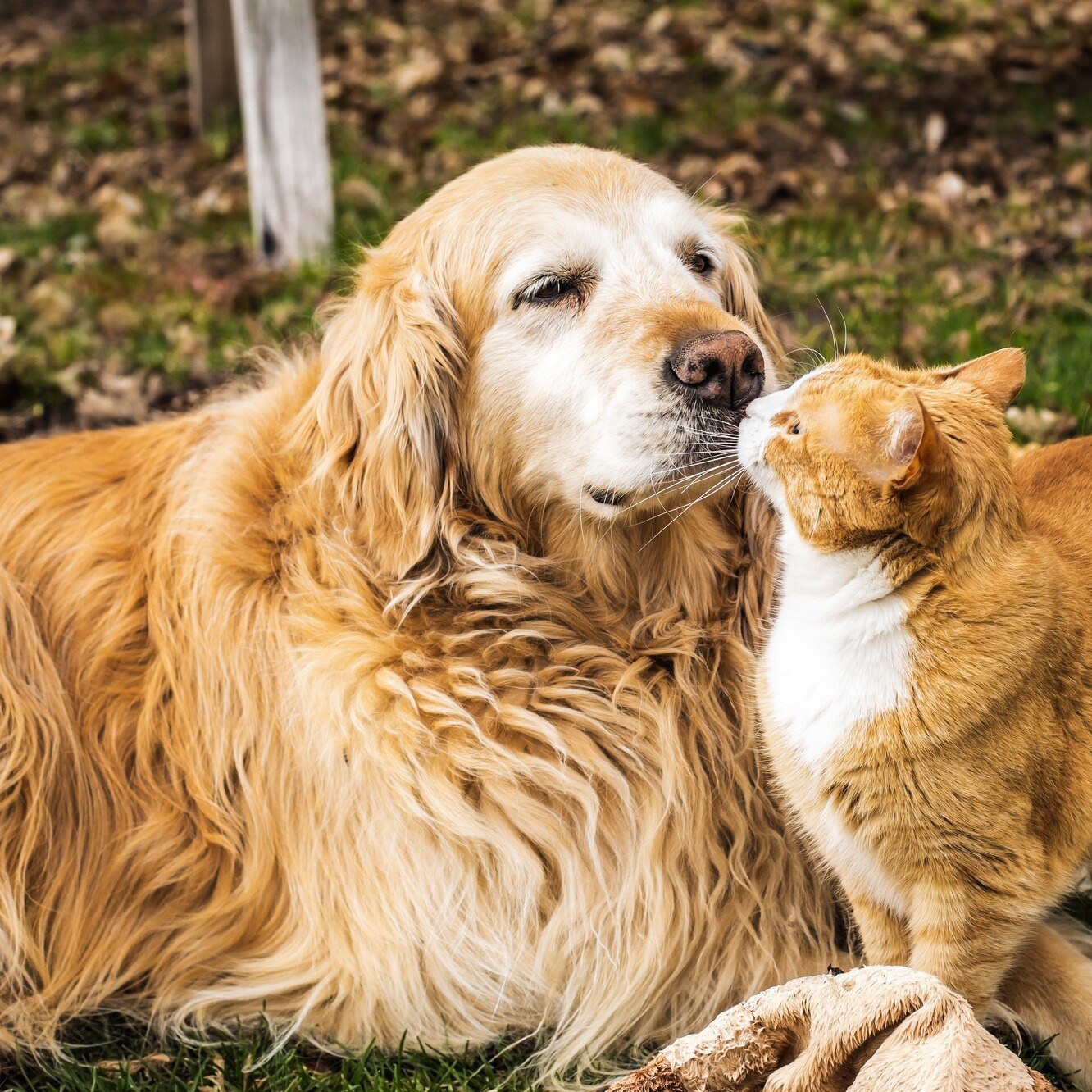
Your global partner for pet specialty healthcare.
Your global leader for diagnostics and treatments for companion animals, specializing in allergy, dermatology, and nutrition.
Quick links
Eye on patient, mind on innovation.
Driven by science, powered by passion.
Expertise
Customer Access

Specialized solutions for companion animal health
Nextmune is a global provider of proprietary diagnostics, prescription and non-prescription treatments for preventive care and treatment of chronic conditions for companion animals, with a strong position within allergy, dermatology, otology and specialised nutrition.
Selected brands and products.

Creating a global sustainability leader in animal health
At Nextmune we are passionate about finding sustainable solutions for treating animals. This means, for example, finding effective alternatives to antibiotics, using packaging that is easy to recycle and educating both professionals and pet owners about new and innovative treatments and products.